
Certain themes keep popping up in the fiction that impressed us most this year: the potential horrors of ambiguity, the nature of immigration, the threat of state violence, mysteries that can’t be solved, and the malleability of memory. That’s not too surprising, given the year we’ve had. Here’s a look at some of our favorite fiction from the year that was.
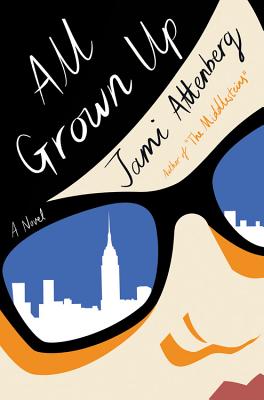
Jami Attenberg, All Grown Up
(Houghton Mifflin)
Bringing together a memorable narrative voice, a brisk sense of humor, and a plot that neatly incorporates some big questions about life, family, aging, and human connection, Jami Attenberg’s latest novel gradually accumulates a sublime narrative power, balancing an embrace of life with the haunting aspect of roads not taken.

Juan Tomás Ávila Laurel, The Gurugu Pledge
(And Other Stories)
In a year when immigration was an everyday topic for discussion around the globe, it’s not surprising that some of the year’s best fiction explored the nuances of this issue. The Gurugu Pledge tells the story of a number of people who have gathered in northern Africa in search of a better life, and in doing so tells a powerful, necessary story.
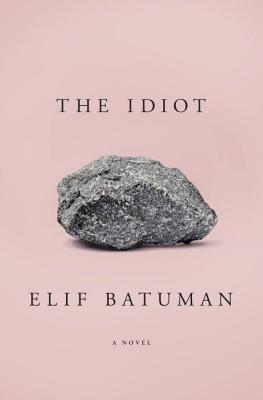
Elif Batuman, The Idiot
(Penguin Press)
As longtime admirers of Elif Batuman’s nonfiction–especially the works contained in her debut essay collection The Possessed – we’ve been eager to read whatever she had coming next. In this case, it’s a demonstration that she’s just as well-versed in fiction as she is in nonfiction: a novel exploring the life of a young woman at home and traveling in Europe.

Leonora Carrington, Collected Stories
(Dorothy, a publishing project)
Leonora Carrington is best known for her work as an artist, as well as for the marvelously strange novel The Hearing Trumpet. Much of her short fiction had been out of print, despite advocates like Porochista Khakpour and Jeff VanderMeer–and thus, this collection arrived to a welcome reception. Perfect for anyone who loves dreamlike, haunting imagery.
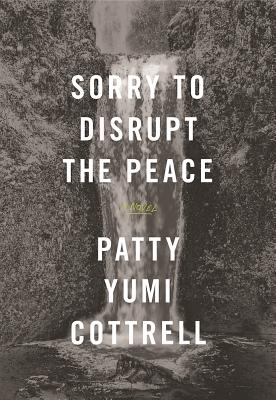
Patty Yumi Cottrell, Sorry to Disrupt the Peace
(McSweeney’s)
Patty Yumi Cottrell’s first novel is a number of things: a chronicle of a family in trauma, a bizarre detective story, and a novel about our impulse to create a narrative around events, even when none exists. The protagonist of this novel sees her brother’s death a a mystery to be solved; the events that follow move from tragic to comic and back again.
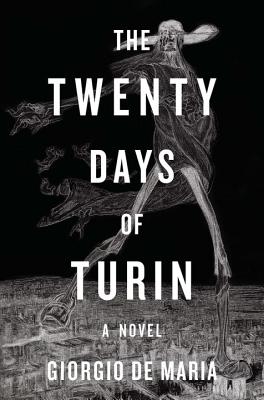
Giorgio de Maria, The Twenty Days of Turin
(Liveright)
First published in Italy in the 1970s, this novel concerns itself with a journalist venturing to Turin in the aftermath of strange, possibly supernatural, events. de Maria’s novel incorporates allusions to fascism, the collective unconscious, and sublimated violence; though it’s forty years old, its concerns feel all too contemporary.
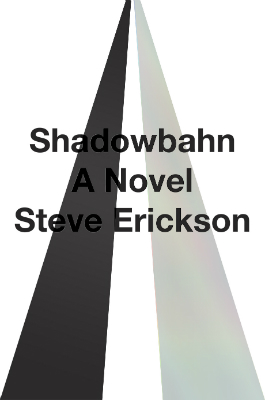
Steve Erickson, Shadowbahn
(Blue Rider Press)
Steve Erickson’s fiction taps into its own bizarre rhythms, sometimes delving into the recent past or near future, at others moving between parallel timelines. After the relative restraint of his last two novels, Shadowbahn is a fine distillation of Erickson as his most thematically grand, taking an ambitious plot to often-uncomfortable places.
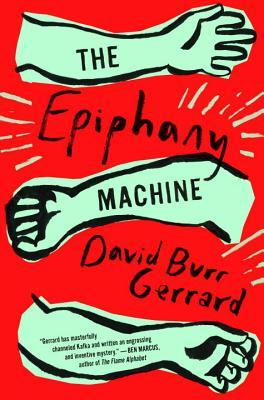
David Burr Gerrard, The Epiphany Machine
(Putnam)
David Burr Gerrard’s debut, Short Century, addressed the flaws of 21st-century American politics in a realistic mode; The Epiphany Machine comes at them from a skewed angle, via magical realism and (a slightly) alternate history. And yet the alterations made in this world have plenty to say about where we are as a nation in our own 2017–to devastating effect.
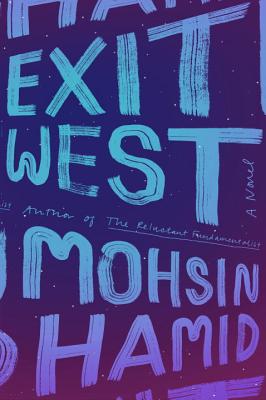
Mohsin Hamid, Exit West
(Riverhead Books)
For a pitch-perfect example of how magical realism can address contemporary issues, look no further than Mohsin Hamid’s latest novel. It blends a bleakly realistic take on contemporary politics and society with one entirely fantastical element–and in doing so creates fantastic commentary about immigration and identity.
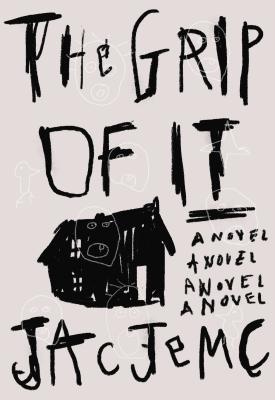
Jac Jemc, The Grip of It
(FSG Originals)
The setup of Jac Jemc’s new novel is a familiar one: a young couple moves into a house, and gradually discovers that something is very wrong. What makes Jemc’s book stand out so much is its use of ambiguity, from the events surrounding the couple to their own perceptions of the space around them. It’s a decidedly head-spinning take on the concept of the haunted house.
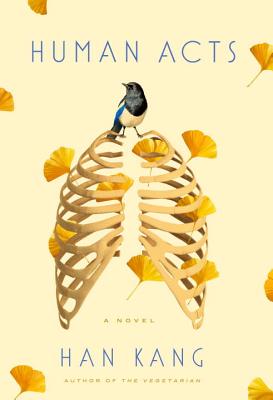
Han Kang, Human Acts
(Hogarth)
The wake of political events can stretch on for years afterwards–to say nothing of decades, or even centuries. Han Kang’s Human Acts aptly demonstrates this, beginning with a retelling of a student uprising in South Korea and then tracing how the events–and the government’s brutal response–echoed through the years that followed.

Rachel Khong, Goodbye Vitamin
(Henry Holt & Company)
Rachel Khong’s acclaimed debut novel addressed a number of powerfully resonant issues to families in 2017, from dealing with the health issues of aging parents to grappling with questions of the pull of home and the gulf between success and failure.
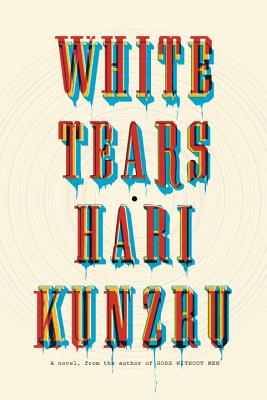
Hari Kunzru, White Tears
(Knopf)
White Tears uses questions of art and cultural appropriation to create a harrowing, unsettling novel. As he did in his previous book, Gods Without Men, there’s a bold use of ambiguity as a narrative device. Here, though, there’s also a terrifying trip through the abuses of the past and the destructive ambivalence of the present, leading to a gut-wrenching climax.
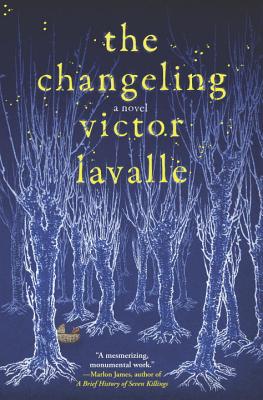
Victor LaValle, The Changeling
(Spiegel & Grau)
What more can be said about Victor LaValle’s The Changeling? It’s a humanistic horror novel with astonishingly-rendered characters, terrifying monsters, and a plot that’s both timeless and very contemporary. And it’s a great New York novel to boot.
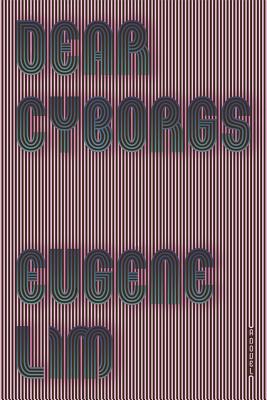
Eugene Lim, Dear Cyborgs
(FSG Originals)
Eugene Lim’s third novel is about many things, including protest movements, pulp heroes, the nature of (and need for) storytelling, and the frustrations of history. It’s like nothing else you’ll read this year: a bold, thought-provoking novel that unfolds in unpredictable ways.

Alain Mabanckou, Black Moses
(New Press)
With a narrative that spans decades, Alain Mabanckou’s Black Moses traces the life of an orphan boy in Congo-Brazzaville in the 1970s and 1980s. It’s a novel that’s gotten comparisons to the works of Charles Dickens, and earned abundant praise for its scope and deftly drawn characters.
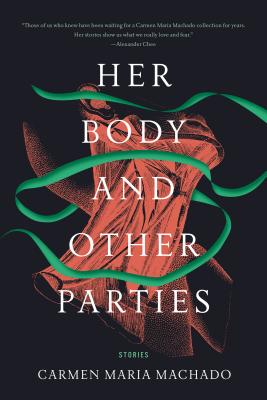
Carmen Maria Machado, Her Body and Other Parties
(Graywolf Press)
Surreal epidemics, shifting bodies, and the legacy of folktales suffuse Carmen Maria Machado’s debut collection, which impressively blends narrative unpredictability with a tactile sense of dread. Plus, its centerpiece is a a bizarre, surreal riff that turns Law & Order: SVU into a sprawling, epic, nightmarish tale.
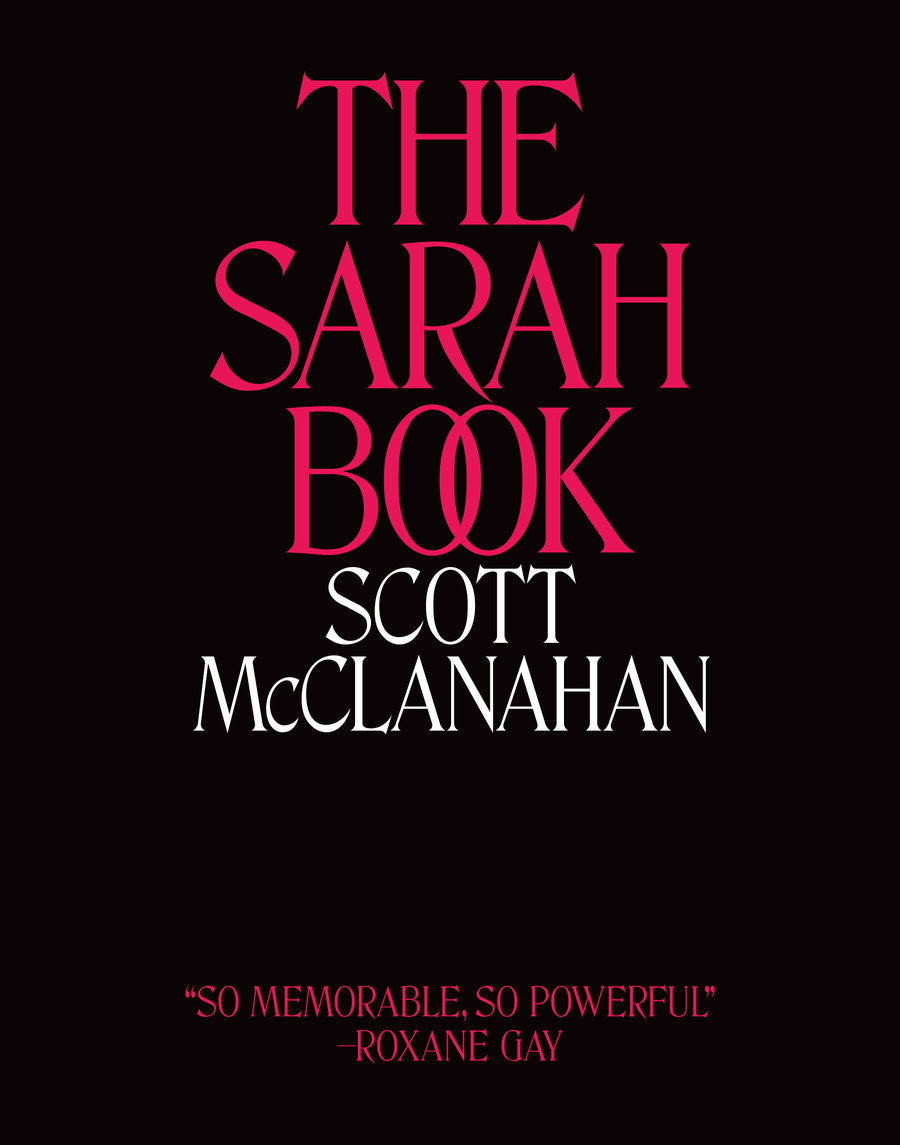
Scott McClanahan, The Sarah Book
(Tyrant Books)
In the latest of his semi-autobiographical books, Scott McClanahan explores a marriage from two angles: the heady early days of that relationship, and the point at which things fell apart. It’s a powerful chronicle of parenthood, alcoholism, and isolation, all told in McClanahan’s distinctive prose style.
Follow Vol. 1 Brooklyn on Twitter, Facebook, and sign up for our mailing list.
